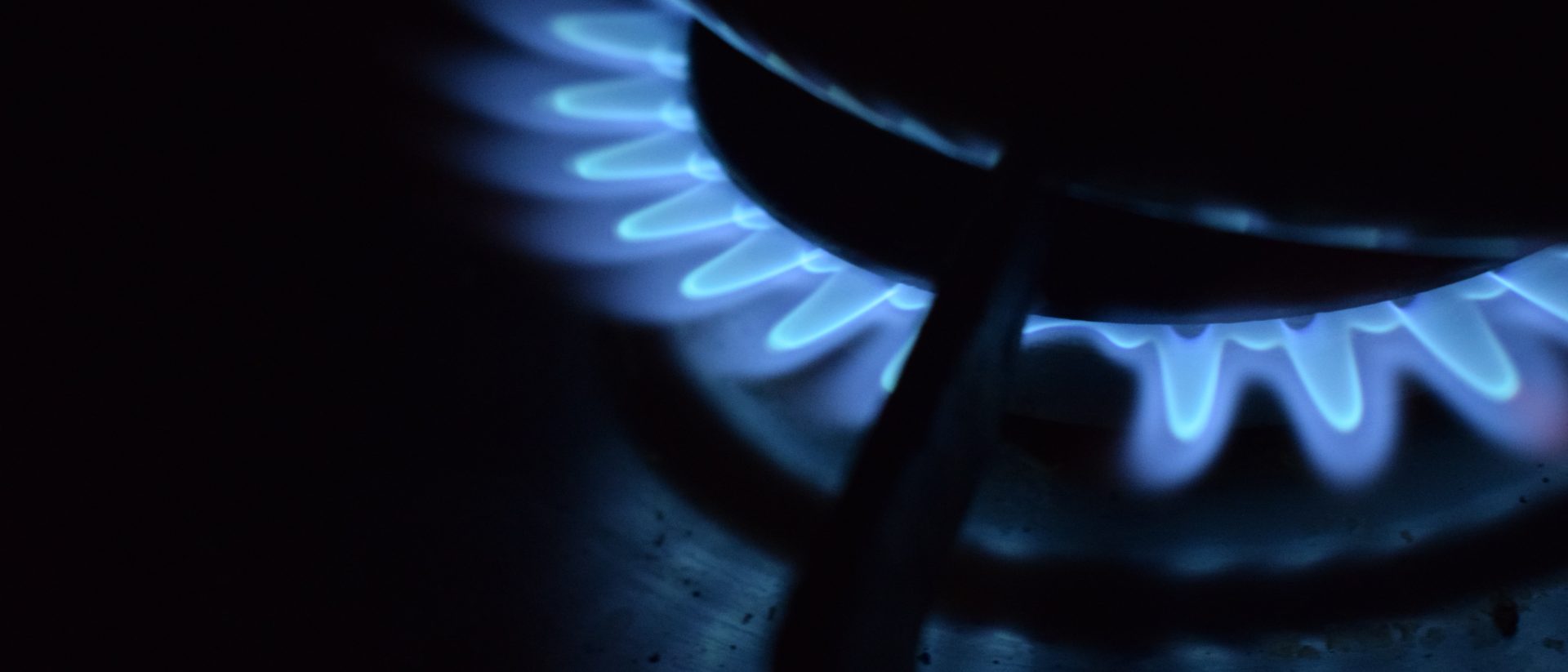- The REA welcomes the Government’s new Energy Bill Relief Scheme;
- The six-month scheme will see the Government provide a discount on wholesale gas and electricity prices for all non-domestic energy customers including businesses, charities and public-sector organisations;
- While this intervention is extremely welcome, the REA notes that the scheme will not protect consumers from the underlying energy crisis in the long term.
The Association for Renewable Energy and Clean Technology (REA) welcomes Government plans to help cut energy bills for businesses, unveiled today by Business Secretary Jacob Rees-Mogg. The REA says that this support to provide relief is an urgent and welcome intervention, but also recognises that it does not solve the long-term problems of the ongoing energy crisis.
The Energy Bill Relief Scheme comes in addition to the Energy Price Guarantee — the equivalent for households — with further measures also announced today to strengthen support for families across the UK.
However, the REA highlights that there remains no dedicated mechanism to promote widespread energy efficiency and a switch from fossil fuel heating, and the scheme announced today does not achieve this. While it is extremely welcome relief, capping prices may dampen signals to reward those who reduce their energy demands and switch to decarbonised energy solutions, which would help address the long-term problems of the energy crisis.
Dr Nina Skorupska CBE, Chief Executive of the Association for Renewable Energy and Clean Technology (REA) said:
“Government intervention is welcome and about time – businesses are already hurting.
“This scheme will provide some relief, reducing the cost of electricity, on average, by about 40 -50% and the cost of gas costs by about 25% from forecast prices. However, a lot more must urgently be done in the medium term to avoid a similar situation once this initial six months of support comes to an end. We cannot be in the same position next winter.
“The renewables industry is already in discussion with Government to determine how the much cheaper costs of low carbon generation can be better felt within the wholesale market and benefit both domestic and non-domestic energy users.
“We have all the solutions available to us to encourage the mass roll-out of low carbon heat technologies, including heat pumps, biomass boilers, hydrogen, thermal storage and other renewable technologies. It is vital that Government recognise the need to ensure the right technology for the right commercial and industrial situation.”
—ENDS—

